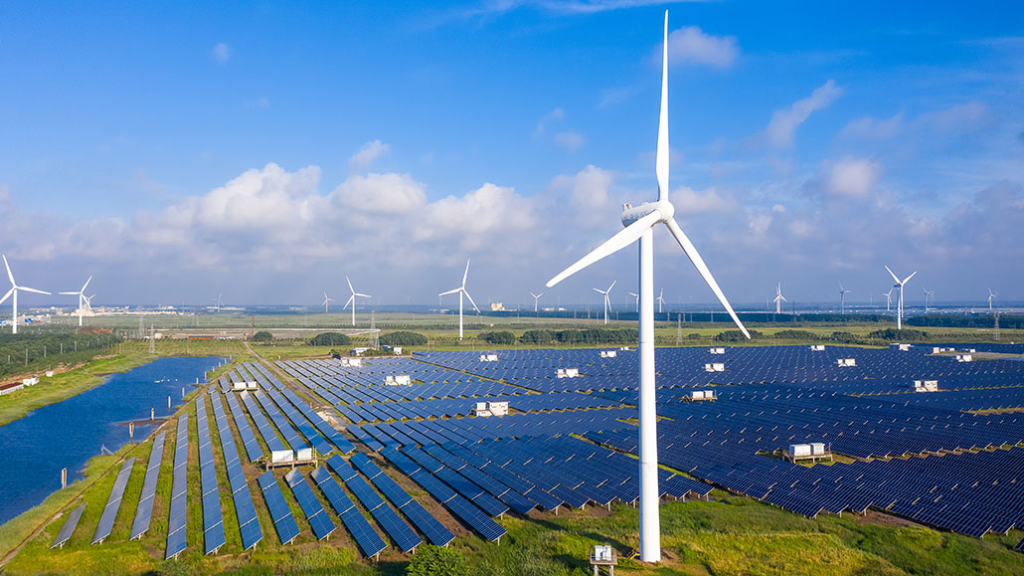Othman Jerandi, the country’s foreign minister, was dismissed by Tunisia’s president Kais Saied on Tuesday, making him the fourth minister to leave office since the year’s beginning.
Nabil Ammar, the Tunisia’s ambassador to the EU, has been named to succeed Mr. Jerandi, who has served in that position since September 2020, according to the presidency’s official website.
She made no mention of the details behind this decision, which for the first time involves a sovereign ministry.
Mr. Saied has already fired three ministers since the start of January, including the ministers of trade, agriculture, and education.
These decisions come at a time when Tunisia is struggling with severe divisions following President Saied’s coup in July 2021. Saied then revised the Constitution a year later to return to an ultra-presidential-ist system similar to that which existed prior to the 2011 Revolution and the overthrow of dictator Ben Ali.
In the legislative elections held on December 17 and January 29 to choose a new Parliament with powers severely constrained by the fundamental law, a record-breaking abstention of nearly 90% of registered voters was recorded. To protest a procedure that, in its view, was resulting in a “authoritarian drift,” the opposition unanimously decided to boycott the election.
A political and economic “rescue plan” for the nation was recently introduced by the sizable UGTT trade union center, which initially supported Mr. Saied’s coup.
In addition to these political tensions, experts say that Tunisia is currently experiencing a financial crisis due to debt that is close to 80% of its GDP and is the cause of the country’s ongoing shortages of basic goods due to insufficient supplies.
Tunis has been negotiating with the International Monetary Fund (IMF) for months to receive a new loan of 1.9 billion euros in exchange for reforms in order to breathe new life into its economy.
Experts claim that the Tunisian president’s resistance to ending state subsidies on some basic goods hampered the negotiations that had resulted in an agreement in principle from the IMF in mid-October.









